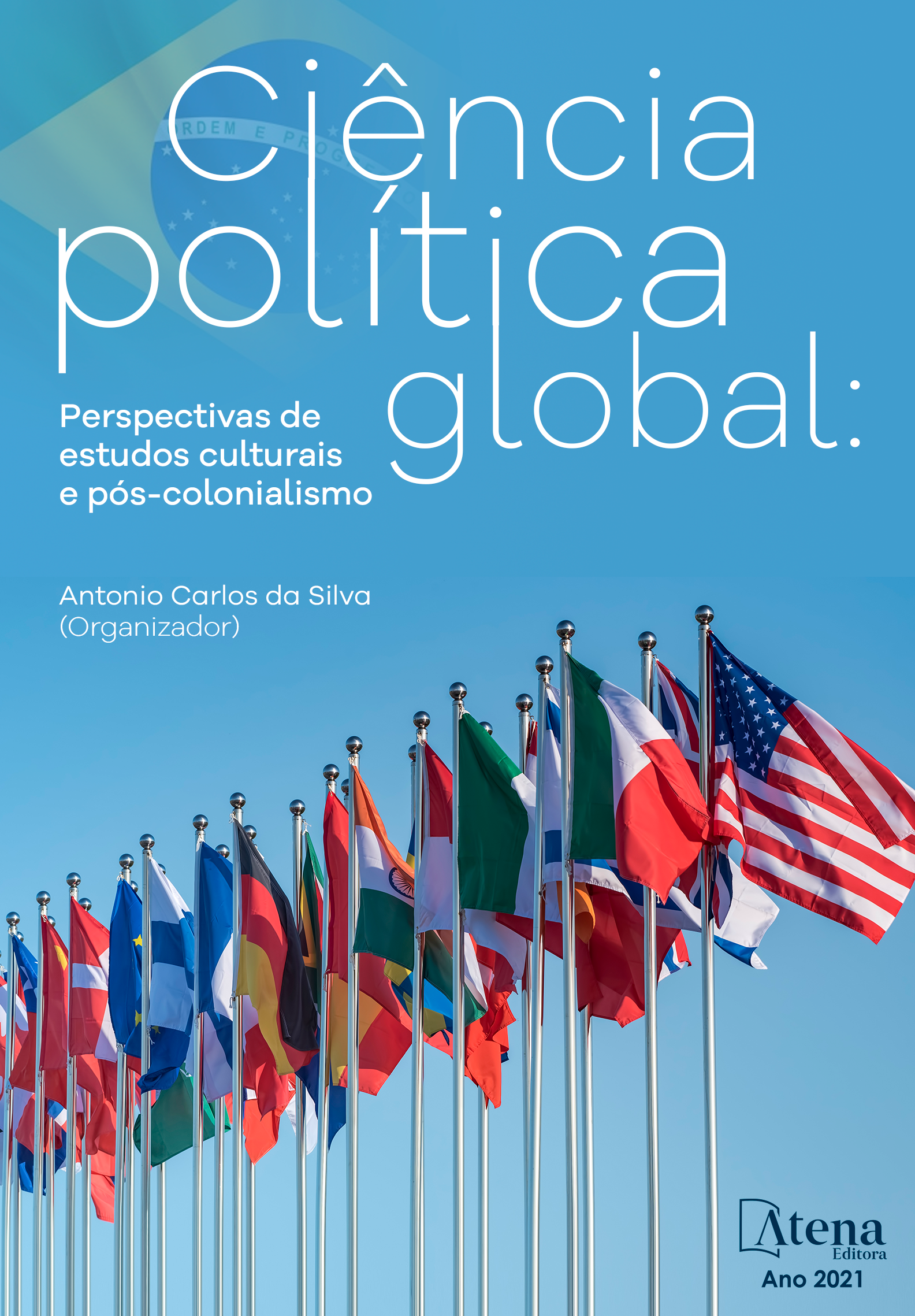
COMISIÓN PASTORAL DE LA TIERRA Y SU ACTUACIÓN PARA IMPULSAR POLÍTICAS PÚBLICAS CON EL FIN DE REDUCIR LA CONDICIÓN ANÁLOGA A LA ESCLAVITUD DEL TRABAJADOR RURAL EN BRASIL
La explotación del trabajador en condiciones análogas a la esclavitud es un problema social de alcance mundial. Anualmente, entre 25.000 y 30.000 personas trabajan en condiciones similares a la esclavitud en Brasil. El objetivo de esta investigación es estudiar la práctica social llevada a cabo por los miembros de Comisión Pastoral de la Tierra (CPT) en el escenario sociopolítico desde el planteamiento de su fundación en 1971, con lo que se pretende cambiar la realidad de violación de los derechos de los trabajadores rurales. El objetivo de la investigación propuesta está relacionado con las actitudes, acciones y prácticas sociales desarrolladas por los actores sociales para instar al gobierno federal a crear políticas públicas con el fin de reprimir el trabajo esclavo. La fundamentación teórica se basó en la teoría de la estructuración de Anthony Giddens. Se trata de una investigación documental y cualitativa. Los datos demuestran que los actores sociales actúan como agentes, ya que, a partir de una serie de prácticas, denuncian las condiciones degradantes y la explotación sufrida por los trabajadores rurales. Por lo tanto, los agentes y los trabajadores rurales interfirieron en esta realidad que viola los derechos humanos, práctica que condujo al gobierno federal, en 1996, a reconocer públicamente dicho problema social y durante el periodo comprendido entre 2003 y 2008, a abrir canales de participación para los miembros de CPT y a elaborar una agenda pública con la participación de los mismos con el fin de resolver el problema y lograr un cambio social.
COMISIÓN PASTORAL DE LA TIERRA Y SU ACTUACIÓN PARA IMPULSAR POLÍTICAS PÚBLICAS CON EL FIN DE REDUCIR LA CONDICIÓN ANÁLOGA A LA ESCLAVITUD DEL TRABAJADOR RURAL EN BRASIL
-
DOI: 10.22533/at.ed.74721200912
-
Palavras-chave: Comisión Pastoral de la Tierra (CPT) en Brasil, Trabajo rural en condición análoga a la de esclavo, práctica social, espacio público, cambio social.
-
Keywords: Pastoral Land Commission (CPT), Rural labor in slave-like condition, social practice; social change.
-
Abstract:
The exploitation of labor in slave-like condition is a social problem of global proportions characterized nationally as a criminal offense for violating rights and guarantees of employees. According to Comissão Pastoral da Terra (CPT)’s [Pastoral Land Commission] estimates, between 25 thousand and 30 thousand people are annually compelled to work in slave-like condition in Brazil. The group of rural workers subject to labor in slavery-like condition is mostly composed by the ones excluded from the agricultural modernization project – leaseholders ousted from their lands, impoverished workers and even small farmers without financial conditions and/or tax incentives to modernizations – individuals in situations of social and economic vulnerability. Thus, the objective of this research is to investigate the social practice of CPT agents to change the conflicting reality and violation of rights of rural workers in socio-political spheres since the idea of CPT’s foundation in 1971. In fact, CPT members pushed the federal government not only to recognize the social problem, but also to become part of the policy-making processes in order to prevent, combat and eradicate labor in slave-like condition in the countryside. The central object of the proposed sociological investigation are attitudes, actions, reactions, procedures and social practices developed by the social agents of CPT to incite the federal government to formulate public policies of suppression to labor in slave-like condition. The theoretical frame of reference is based on agency theory – structuration theory – proposed by Anthony Giddens. It is a documentary research with qualitative design. The documents are analyzed in depth hermeneutics as reported by John Thompson. Data collected demonstrate that CPT members act as social agents (human agency) because by their practices, they characterize exploitation and degrading labor conditions that are comprehended by rural workers, motivating them to organize themselves politically. Therefore, agents and rural workers intervene in the reality of violations of human rights. Their social practice led federal government to recognize the social problem publicly in 1996 and it also opened up channels of participation for CPT members to establish a political agenda – national plans for eradication of labor in slave-like condition – in 2003 and 2008 in order to resolve the problem and implement social change.
-
Número de páginas: 25
- LUIZ AUGUSTO SILVA VENTURA DO NASCIMENTO


